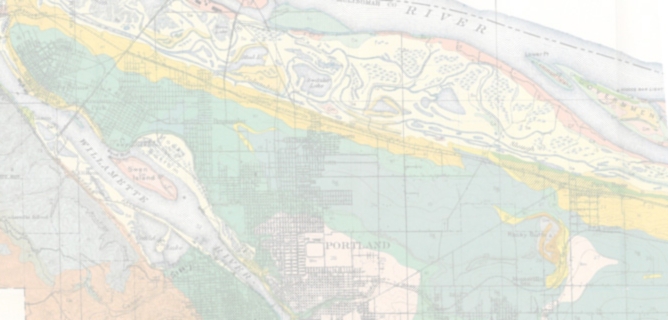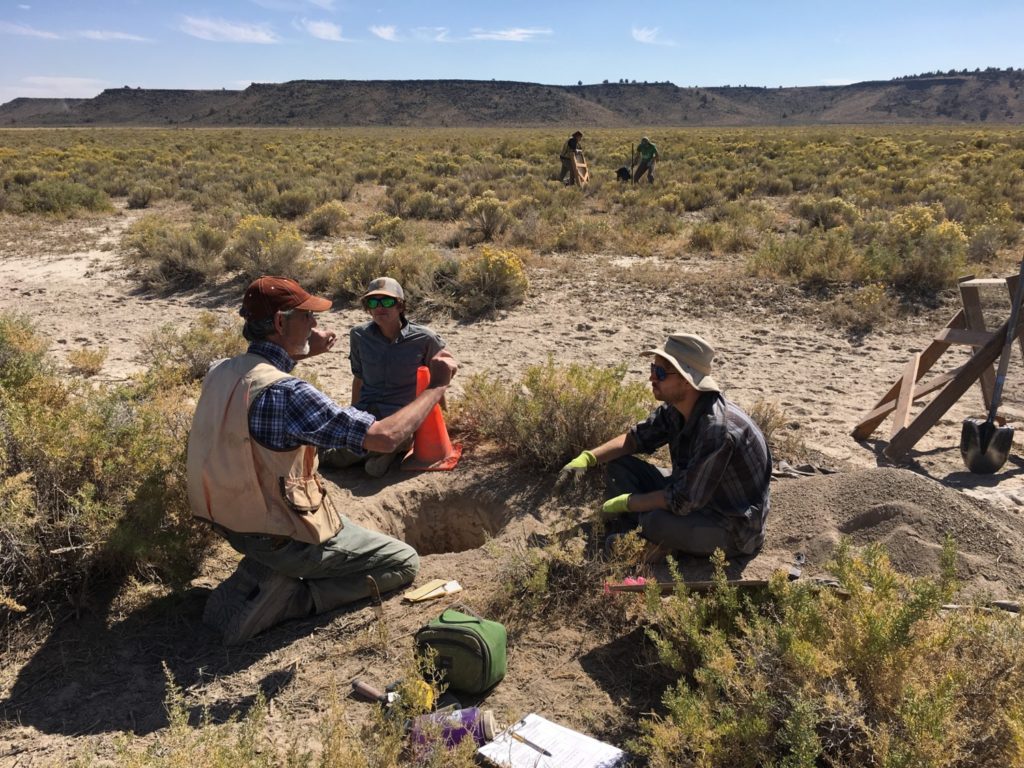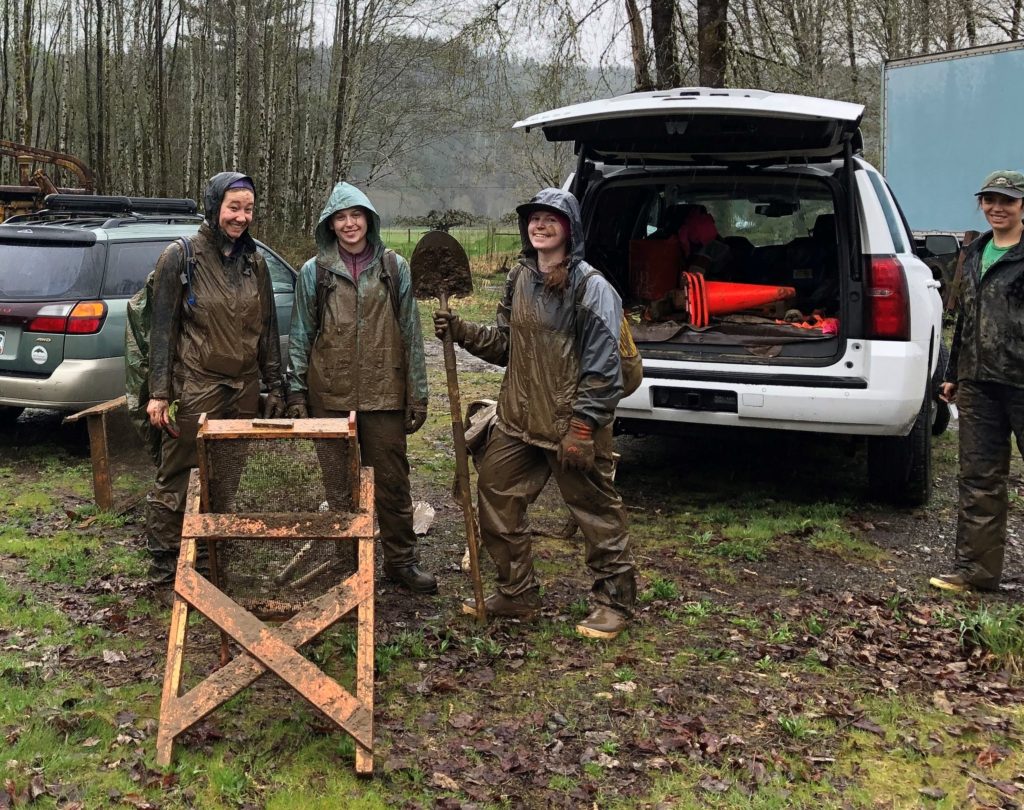ABOUT US
WillametteCRA was started by three experienced and passionate archaeologists who wanted more personal investment in their work and more flexibility in their lives outside of their careers. In 2007, these three founders opened an office in the windowless basement of one their NE Portland homes. Since that time, we have grown to over 40 full-time employees in Portland and Seattle offices with several windows, through responsible and sustained growth.
We pride ourselves on our relationships. We are transparent and responsive to our clients, leading to long-term business relationships that span many years and multiple projects. We have cultivated and maintained excellent working relationships with Tribal and agency staff throughout the region, allowing us to guide complex or controversial projects to successful completion. We are most proud of our relationships within our organization. We are committed to providing a welcoming and supportive environment for all staff and interns, not only as coworkers but as people. These positive internal relationships have led to a remarkable degree of staff retention, collaborative work, and continuity. We are able to seamlessly work together using our varied knowledge to achieve the best outcome for our clients, partners, community, and the cultural resources themselves.
Willamette Cultural Resources Associates prioritizes social and environmental justice and equity. We stand with our employees, clients, colleagues, and friends of Black, Indigenous, Latinx, Asian-Pacific Islander, and other non-white descent who are impacted by racism. We stand with our employees, clients, colleagues, and friends who are impacted by gender identity discrimination. As participants in a field with colonialist origins, we are aware that many of us have benefited from white privilege. In researching the past of the people who were often excluded from history books, WillametteCRA archaeologists explore the origins and evolution of present-day injustices. We work to repair systemic racism and sexism by emphasizing non-white history in our cultural resources reporting, forming meaningful and collaborative relationships with Tribes, donating to social justice organizations in Portland and Seattle, and actively pursuing inclusivity in Cultural Resources Management. However imperfectly, we challenge ourselves to use our work to support social, environmental, and cultural justice.




